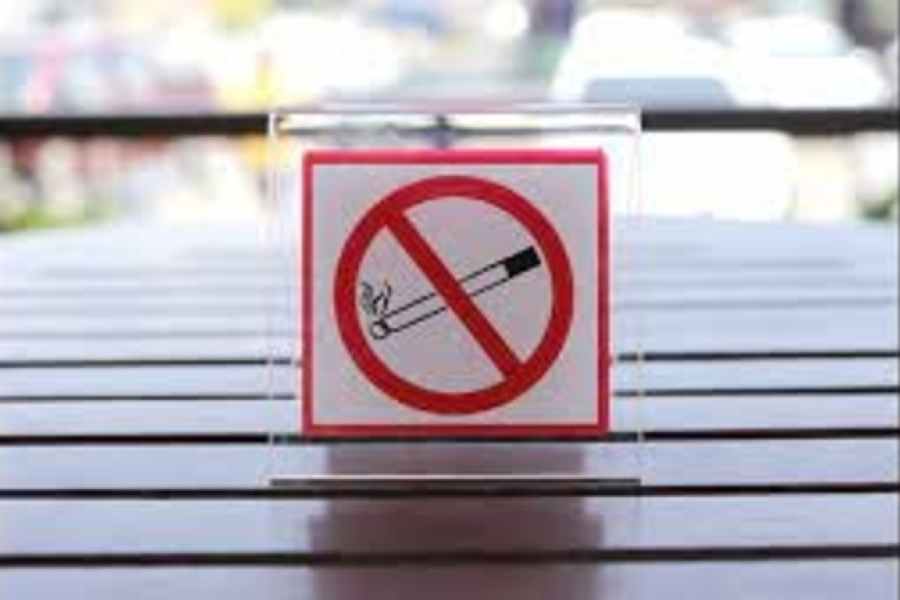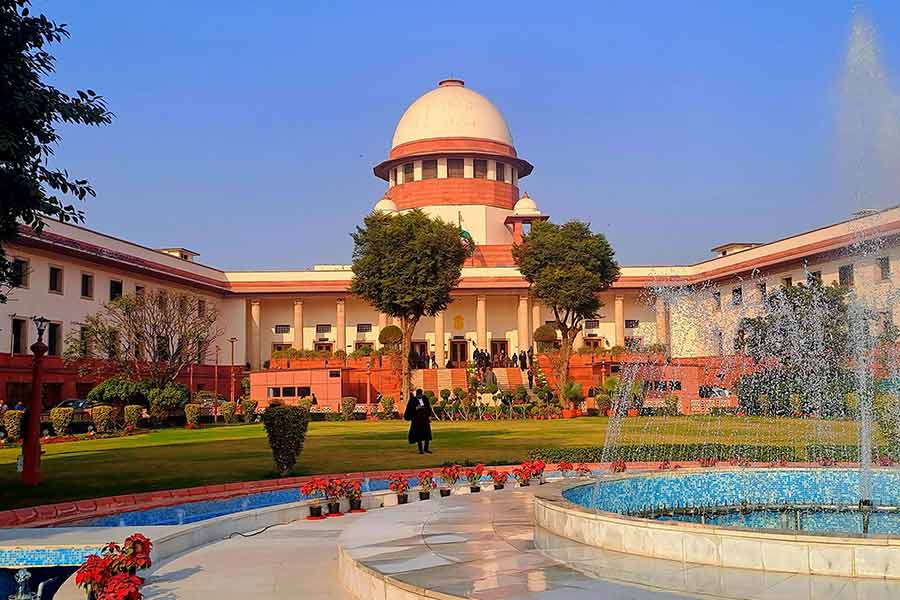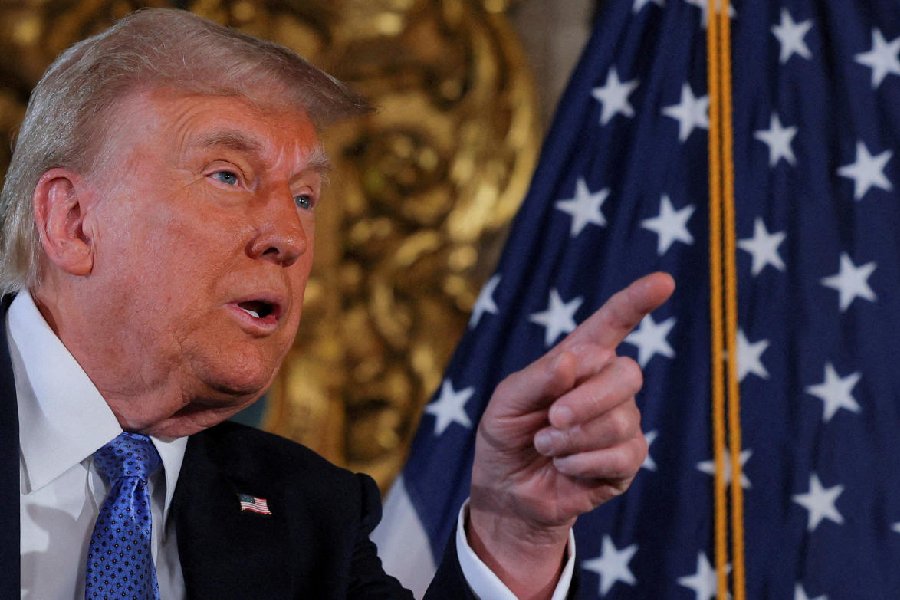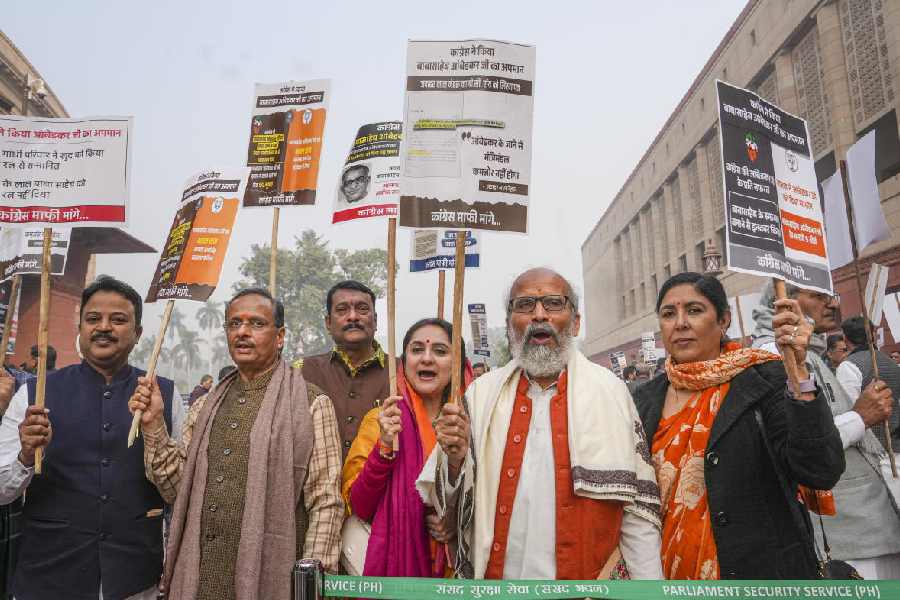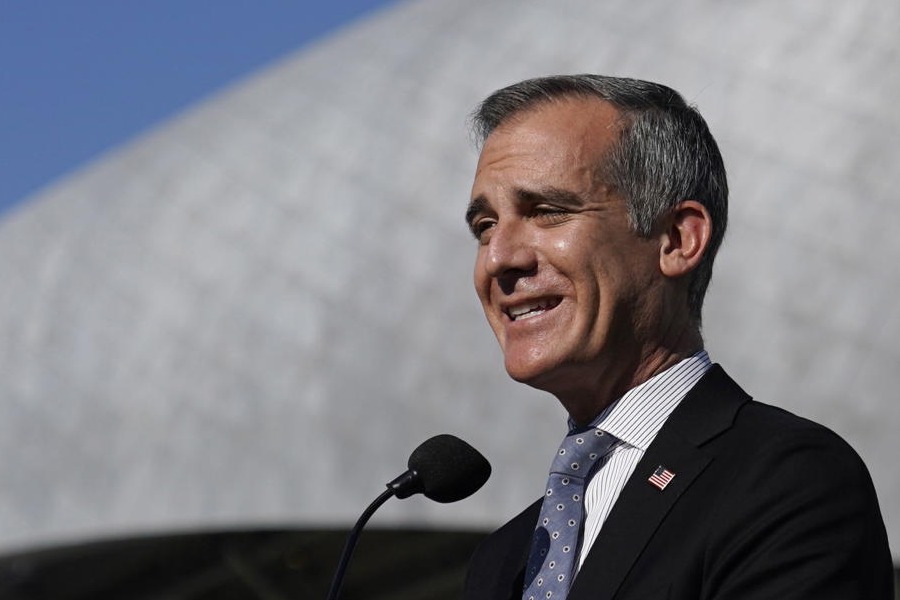Ahead of a crucial GST Council meeting on tax rationalisation health and economic experts have called for a higher 'Sin Tax' on tobacco and similar harmful products to curb their consumption and bolster public health and the economy. At a webinar organised by 'Tobacco Free India', a citizens' initiative, experts endorsed the recent recommendation by the Group of Ministers (GoM) for a 35 per cent 'Sin Tax' slab on tobacco products, up from the current 28 per cent.
They argued that increasing taxes on tobacco would not only save lives but also strengthen the economy and advance the vision of a healthy and Viksit Bharat.
They emphasised that this step would curb tobacco consumption and fund preventive healthcare initiatives.
"Tobacco-related diseases place an unsustainable burden on India's health system. Tax hikes have proven globally effective in reducing tobacco consumption," said Dr Alok Thakar, Head of the National Cancer Institute, Govt. of India and Professor at AIIMS, New Delhi.
He also suggested that India must include all tobacco products under a stronger tax net to prevent users from shifting to cheaper, harmful alternatives.
The GST Council, chaired by Bihar Deputy Chief Minister Samrat Chaudhary, is scheduled to meet on December 21 to deliberate on the GoM's proposals.
These include introducing a new 35 per cent slab for Sin Goods like tobacco and aerated drinks while reducing GST rates on essential goods like notebooks, bottled water and bicycles as well as lowering premiums on health and life insurance.
Experts argue that the increased revenue from Sin Goods could help offset these rate cuts, offering relief to citizens while advancing public health goals.
Professor of Health Economics at the University of Lucknow Dr Arvind Mohan linked tobacco taxation with India's aspiration to become a developed nation.
"Tobacco use compromises our greatest asset -- human capital. For the past decade, tax burdens on tobacco products have steadily declined in real terms, falling short of global benchmarks. Reversing this trend through the Sin Tax will send a strong signal about prioritizing public health," he said.
He added that India's National Health Policy (2017) and the Parliamentary Standing Committee on Health (2022) have already prioritized tobacco taxation as a proven measure to reduce consumption.
"This aligns taxation with India's vision for growth, where people's well-being drives economic progress," Dr. Mohan reiterated.
Dr Prashant Kumar Singh, scientist at ICMR's National Institute of Cancer Prevention and Research (NICPR), highlighted tobacco related mortality, noting that such diseases caused 2.6 million deaths between 2019 and 2021 in India.
He emphasised that this is a health emergency demanding urgent intervention.
He highlighted the need to reverse affordability trends caused by rising incomes and stagnant taxation, explaining that increased taxes are not just a revenue tool but a critical step towards discouraging harmful consumption.
"Redirecting revenue from tobacco taxation to preventive healthcare can help India achieve its goal of Universal Healthcare," Dr Singh said.
Providing a fiscal analysis, Dr. Pritam Datta, Fellow at the National Institute of Public Finance and Policy (NIPFP), warned about the country's lagging tax rates.
"The WHO recommends tobacco taxes should constitute at least 75% of the retail price. In India, however, taxes currently account for just 57.6% for cigarettes and as low as 22% for machine-made bidi," he said.
With the Compensation Cess set to end in March 2026, Dr Datta emphasized the need for urgent action.
"If effective tax measures are not implemented, India risks further declining tax rates on tobacco. Aligning with WHO standards will ensure strong compliance, reduced consumption, and better health outcomes," he added.
Except for the headline, this story has not been edited by The Telegraph Online staff and has been published from a syndicated feed.

